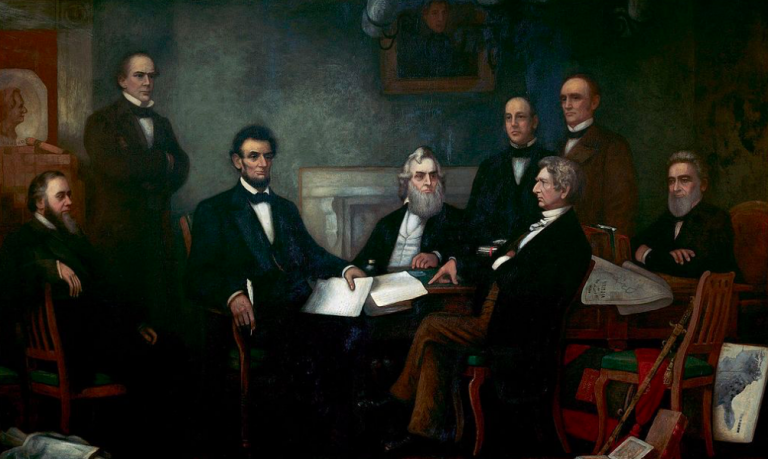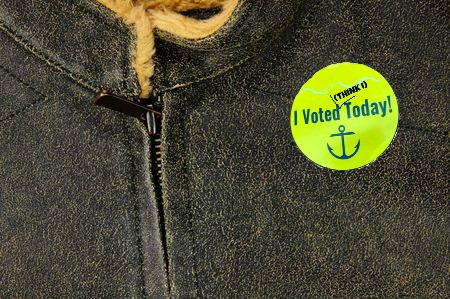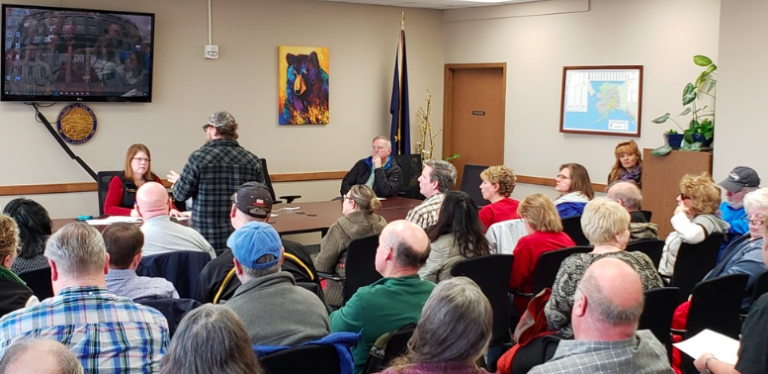By WIN GRUENING
SENIOR CONTRIBUTOR
The recent agreement to resolve a long-running lawsuit between Cruise Lines International Association and the City and Borough of Juneau was greeted with relief by all concerned. It was approved by the Assembly on March 22.
The lawsuit, filed three years ago, arose from a disagreement over how the City of Juneau spent marine passenger fees collected from cruise ship passengers. After a December court ruling, Juneau decided not to appeal, in the belief that negotiation, rather than further litigation, was the wisest course.
What is most striking about the agreement is that the public will see minimal change from previous practices employed by the city. Indeed, the settlement agreement essentially returns the litigating parties to their positions prior to the lawsuit, albeit with less acrimony, added guardrails, and a framework to help resolve differences arising in the future.

The agreement makes clear all past sins, if any, are forgiven. Legal expenses, $1.5 million by the cruise industry and $800,000 in direct legal fees paid to outside counsel incurred by Juneau, have been or will be reimbursed through marine passenger fees.
Juneau and the cruise industry jointly acknowledge past passenger fee uses may or may not have survived future legal challenges. But both agree that previously disputed projects and expenses, as well some specified as currently budgeted and planned, can utilize passenger fees, in whole or in part.
Juneau retains local control over downtown marine upland improvements but the cruise lines may rely on guidelines regarding funding uses. To accomplish this, the agreement delineates two geographic areas in downtown Juneau, Zone A and Zone B, where proposed uses would be considered.

Zone A roughly encompasses marine uplands from the AJ Dock to the Subport. Zone B includes the area from Gold Creek to Douglas Bridge as well as the core downtown area between Main Street and Franklin Street.
Within Zone A, the cruise lines will not object to and the City of Juneau will be free to propose and budget such capital improvements that further the marine enterprise/operation of cruise ships. Also included are operational services for crew and passengers traditionally provided in the past such as crossing guards, security patrols, and general overhead support.
For proposed passenger fee uses within Zone B, Juneau and the cruise lines agree to discuss these ideas at an annual meeting of the parties.
While it’s possible to fund projects or expenses outside these two zones, the agreement implies this would be a rare occurrence subject to mutual agreement and approval by the Assembly.
Astute observers of the agreement will note the relative absence of definitive language. Instead, “shall endeavor” or “shall use their best efforts” or “shall discuss” are used throughout. A paragraph concerning dispute resolution emphasizes “direct discussion” and failing that to proceed to “amicable non-binding mediation”. As a last resort, either party may file suit in U.S. District Court.
The agreement is remarkable in that, despite past litigation, it’s not primarily based on any judicial ruling, rather it is based on mutual recognition of the value of the beneficial relationship between the community of Juneau and the cruise industry.
The industry’s positive economic impact to Juneau cannot be overstated. By 2020, the industry will be directly responsible for an estimated $17 million in marine passenger fees, $11 million in collected sales taxes, and over $2 million in property tax. This is in addition to direct economic benefits from related employment, crew spending and cruise line payments for supporting goods and services.
As with any business partnership, there is no legal contract that can prevent its failure if the partners don’t trust and respect each other.
The cruise industry and the City of Juneau both deserve credit for their willingness to consider the needs and priorities of the other and recognize the value each brings to the partnership.
Addressing concerns about impacts of cruise ship visitors requires an honest and collaborative relationship between our community and the industry.
This agreement, in its simplicity, puts the burden on both parties to not only stick to its provisions but also live up to its spirit of cooperation and fairness.
Win Gruening retired as the senior vice president in charge of business banking for Key Bank in 2012. He was born and raised in Juneau and graduated from the U.S. Air Force Academy in 1970. He is active in community affairs as a 30-plus year member of Juneau Downtown Rotary Club and has been involved in various local and statewide organizations.









